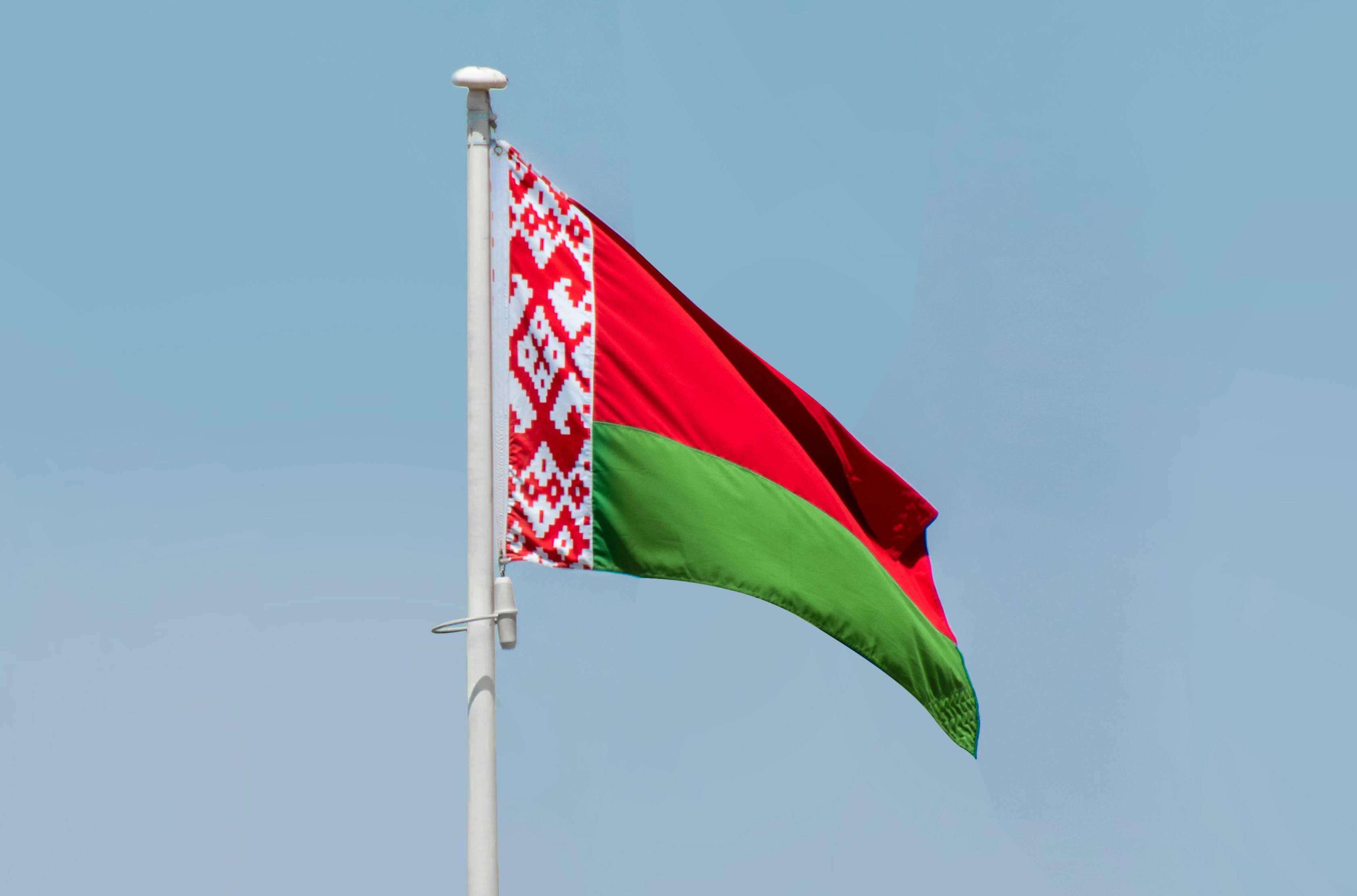ICJ Asserts Jurisdiction in Myanmar Genocide Case
The long-awaited decision paves the way for the court to hear The Gambia's case alleging that Myanmar's actions against the Rohingya in 2017 violate the Genocide Convention.
The International Court of Justice has asserted its jurisdiction to rule on the case brought by The Gambia against Myanmar for its alleged genocide against its Rohingya population. In a vote of 15 to 1, with Chinese judge Xue Hanqin in lone dissent, the court accepted the application originally filed by the Republic of The Gambia in Nov. 2019, paving the way for litigation to continue in a case that will determine whether Myanmar will be penalized for its violent actions against its Rohingya population in 2017.
While ruling on The Gambia’s application, the court weighed in on Myanmar’s four preliminary objections, rejecting all but one unanimously. Xue broke again with the rest of the bench on Myanmar’s second objection, which sought to dispute The Gambia’s standing in the case. Myanmar questioned whether a nation that does not have directly affected parties could bring a case against another nation under the Genocide Convention. The court ruled 15 to 1 that any state entitled to invoke the responsibility of another state party for an alleged breach of the Convention could bring a case, without a requirement for “special interest.”
The Gambia originally brought The Gambia v. Myanmar in 2019 on behalf of 57 other states, invoking Article IX of Genocide Convention as the basis of jurisdiction. (The case is one of two currently in front of the court implicating the same convention, the other being Ukraine v. Russian Federation.) While it does not have any citizens directly involved in the case, The Gambia made the argument that it represents an international interest of holding state parties accountable to the Genocide Convention. It asks the court to declare that Myanmar has breached its obligations under the Genocide Convention and to require Myanmar to cease any genocidal acts and respect its duties under the Convention; try individuals participating in the genocide in front of a tribunal pursuant to Convention Articles I and VI; provide reparations for members of the Rohingya who were victims of genocidal acts; and offer commitments not to re-engage in genocidal acts. The Gambia’s claims against Myanmar are buttressed by reports from the United Nations Independent International Fact-Finding Mission on Myanmar issued in 2018 and 2019.
The court had previously issued a unanimous order in Jan. 2020 mandating Myanmar to halt any acts falling under the scope of Article II of the Genocide Convention and requiring Myanmar to issue reports to the court every six months verifying compliance until a final decision is reached. The latest report from Myanmar was submitted in May 2022, with comments from The Gambia received by the court in June 2022. The next court event date has not been set.
You can read today's judgment here or below:




-(1).jpg?sfvrsn=f15594a3_5)
